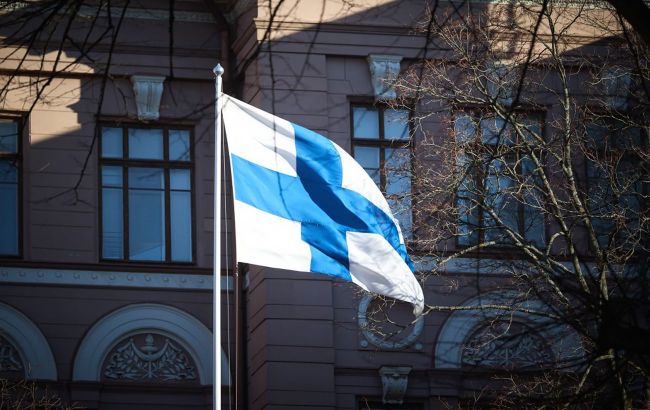Finland urges EU to end reliance on Russian nuclear energy
 Finland urges EU to fully end dependence on Russia in nuclear sector (photo: Getty Images)
Finland urges EU to fully end dependence on Russia in nuclear sector (photo: Getty Images)
Finland's Minister of Climate and the Environment, Sari Multala, urged the EU to extend its plan to phase out Russian oil and gas to include the nuclear energy sector, according to her interview with the Austrian newspaper Die Presse.
"There are two operators of nuclear power plants in Finland. One no longer uses Russian uranium, and the other is no longer dependent on it," Multala said.
At the same time, she urged the EU to extend the RePower Europe initiative (a plan to phase out Russian oil and gas), which so far covers only oil and gas, to the nuclear energy sector.
According to the minister, recognizing nuclear energy as part of the European energy mix would make investments more attractive and help phase out the remaining dependence on Russia in the nuclear sector more quickly.
She noted that the country's energy and security policies are closely linked. Taking this into account, Finland continues to develop its own defense capabilities and strengthen the protection of all types of critical infrastructure, particularly nuclear facilities.
"There is an old saying: If you want peace, prepare for war. That is why we joined NATO and are significantly investing in our own defense capabilities," Multala said.
She emphasized that the Russian threat in the energy sector is already a reality and also affects Finland's electricity exports to Estonia.
"We are working closely with the Baltic states so that the European Union also allocates resources to protect critical infrastructure. At the same time, we are developing our own projects to restore damaged facilities more quickly, especially underwater ones," the minister said.
EU's shift away from Russian oil and gas
Recently, US President Donald Trump stated that the United States is ready to impose "serious" sanctions against Russia, on the condition that NATO countries stop purchasing energy resources from Russia.
The US president criticized Europe for "not tough enough" sanctions against Russia and for continuing to buy Russian oil.
At least eight European Union countries still import Russian gas in varying volumes. There is no precise data on where exactly the imported Russian gas is being used.
At the same time, European Commission President Ursula von der Leyen proposed accelerating the gradual phase-out of Russian fuel imports. Her statement came after a conversation with Trump.
Warsaw joined this position. Poland called on EU countries to stop importing Russian oil by the end of 2026 to cut off funding for Russia's war machine and help Ukraine end the war.
Earlier, Bloomberg, citing sources, reported that the European Commission plans to propose a full ban on Russian LNG imports by January 1, 2027, as part of the 19th package of sanctions. This is one year earlier than previously planned.


